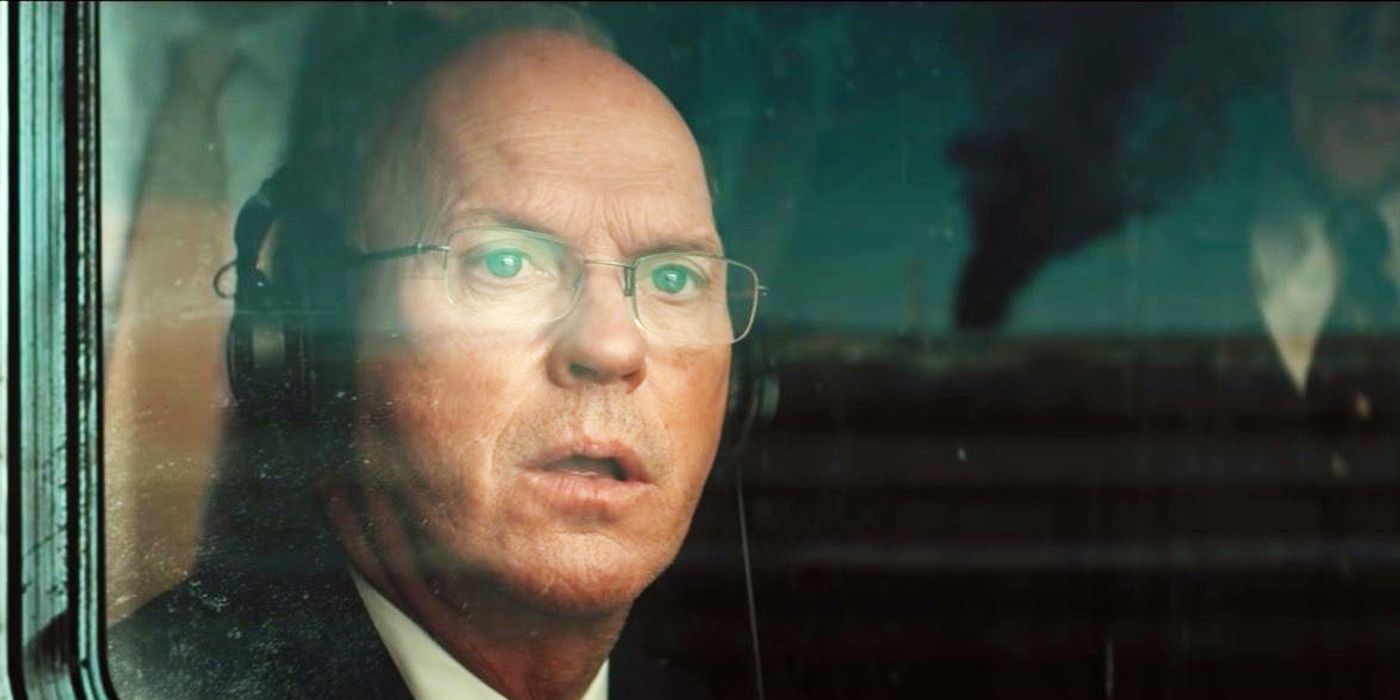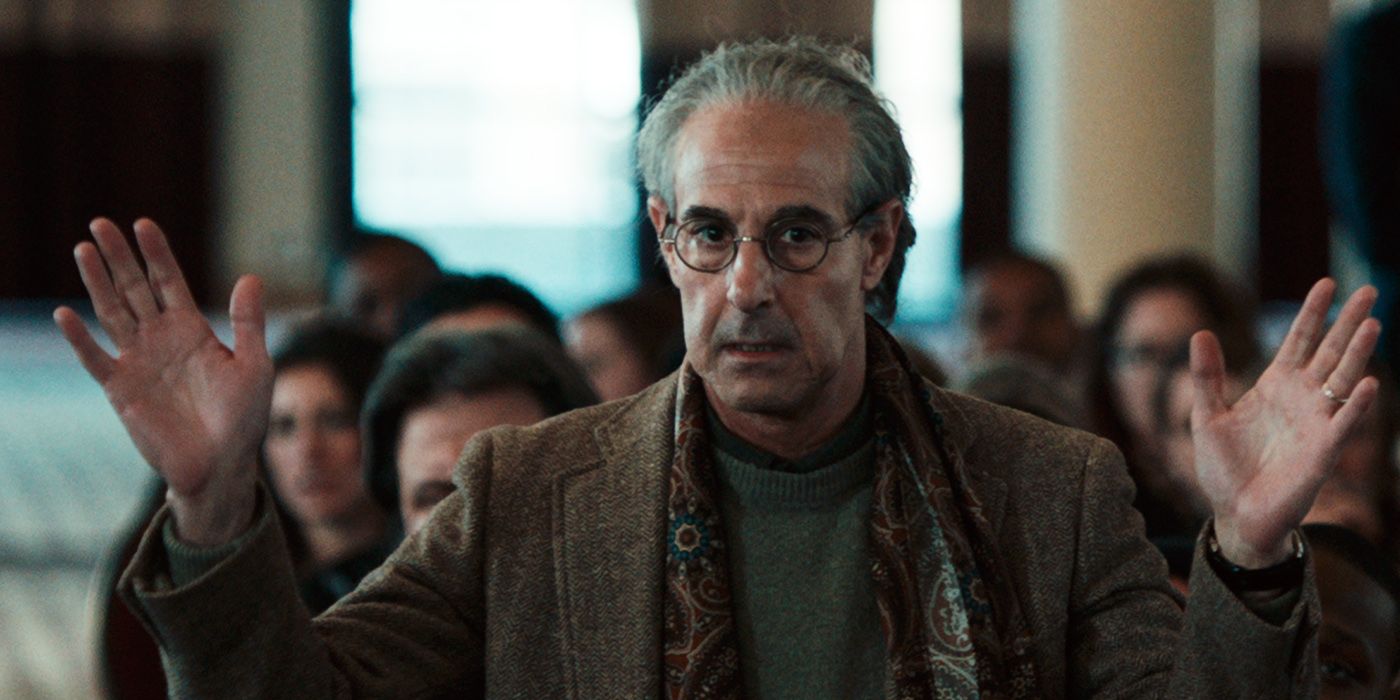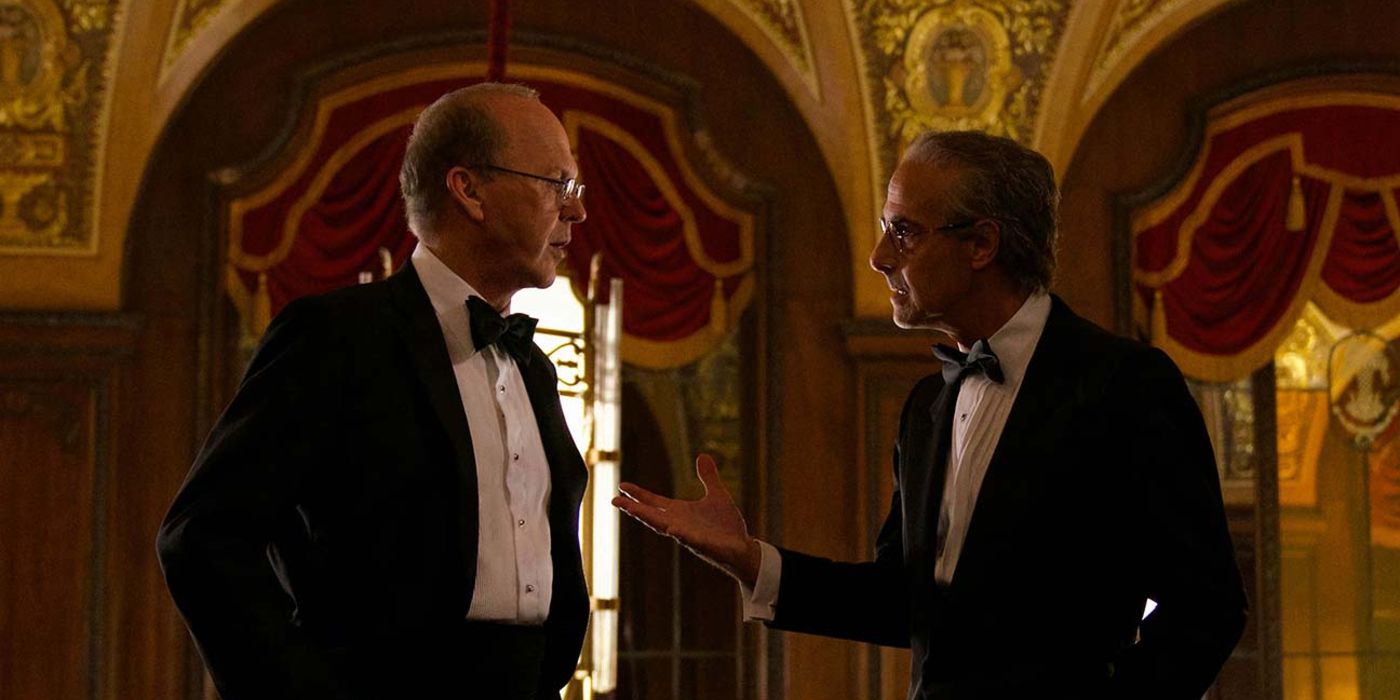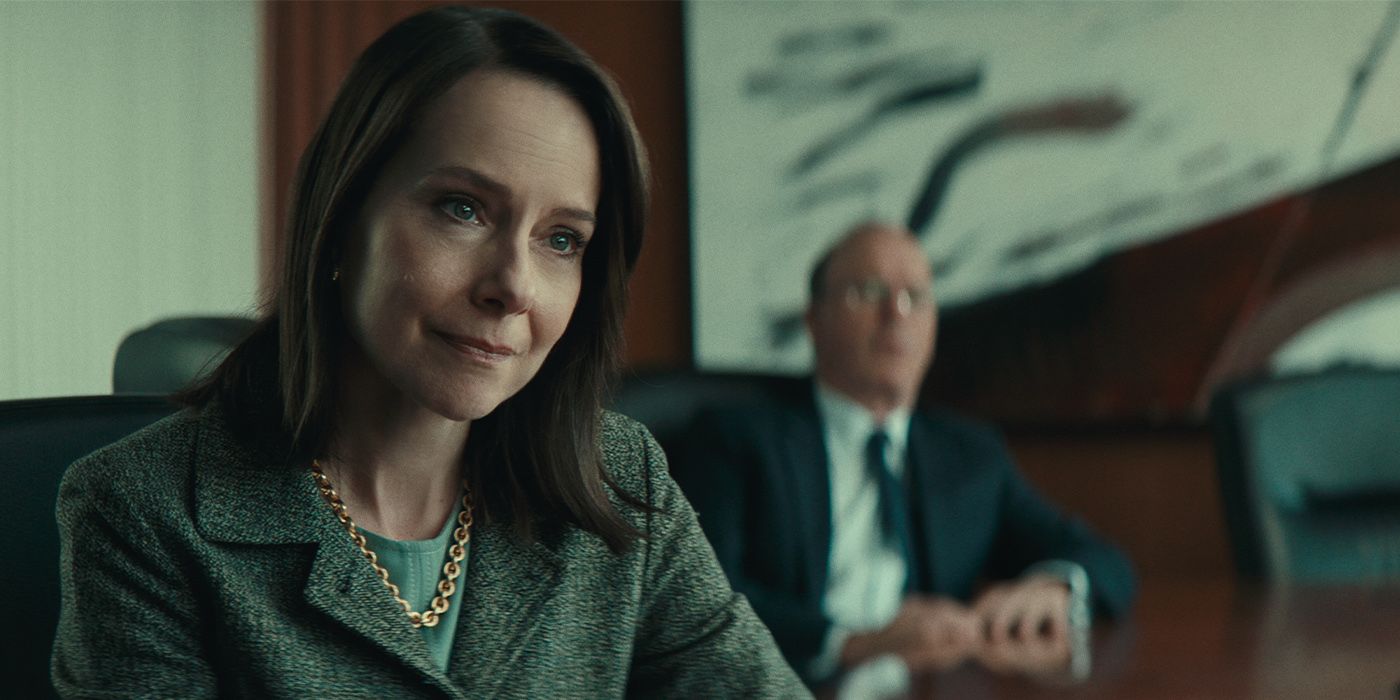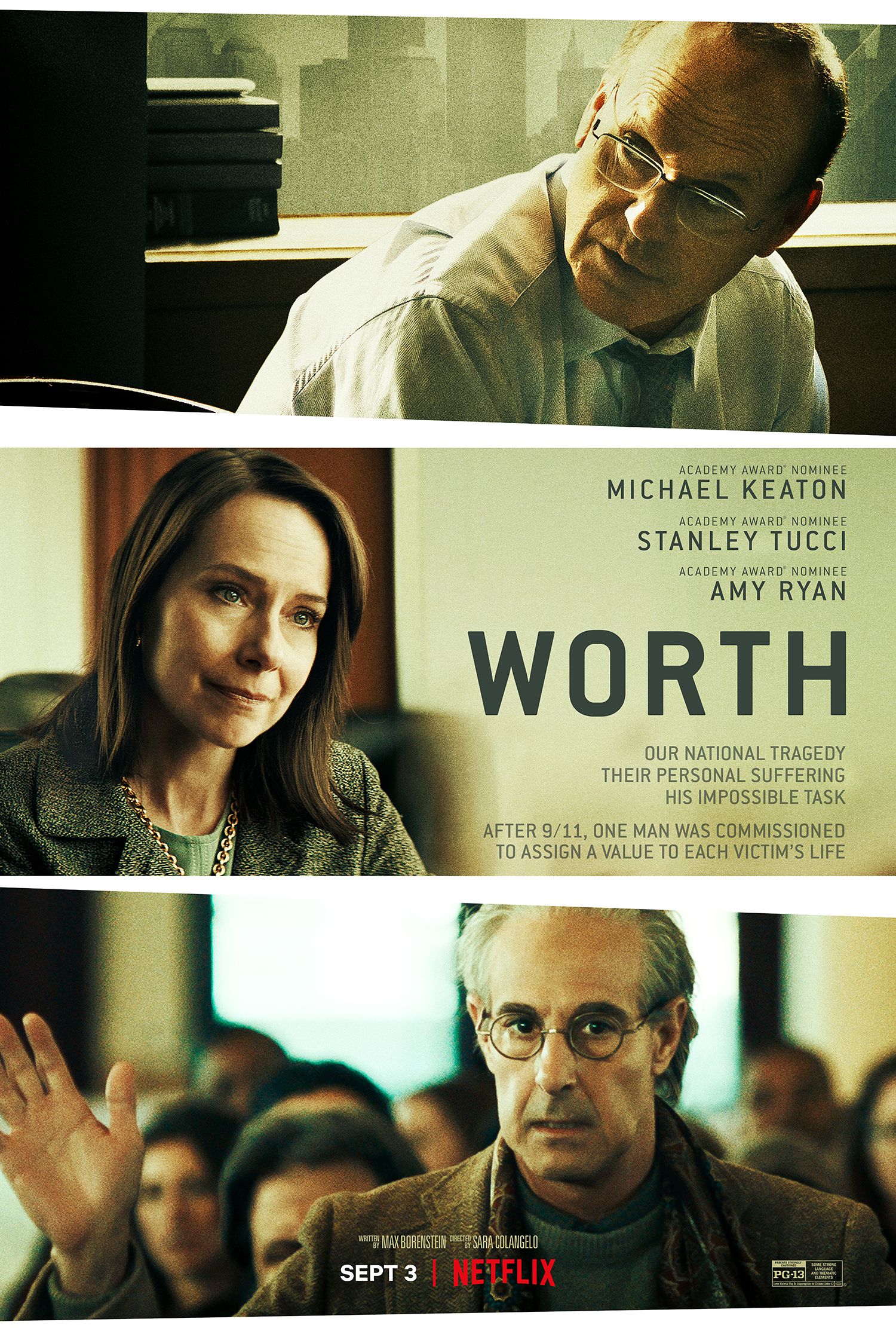The 2021 film Worth so perfectly captures the feeling of living in a post-9/11 America that it's hard to believe the events happened two decades ago. The biographical film is directed by Sara Colangelo, who approaches the subject tastefully and with nuance. Through small visual reminders — the fashion, CD players, even bulky cell phones — Colangelo gradually takes viewers back in time, first establishing the setting, then showing the drastic shift in everyday life following the horrific attack. Worth is a deeply emotional drama that respects its subject matter — but in doing so, creates a film that, for many, will be difficult to watch.
Audiences are asked a surprisingly poignant question in Worth: what is the value of a life? This was the challenge faced by real-life litigators following the tragedy, who were asked to create a formula to determine how to compensate the families. Eventually, the American government created the September 11th Victim Compensation Fund (VCF), which, to this day, compensates victims of the attack, as well as the families of those who died. Worth explores the process involved in creating the VCF, focusing on the experiences of the "special master" in charge of the project, Kenneth Feinberg.
Michael Keaton stars as Mr. Feinberg (or Ken, as he prefers), an abrasive lawyer who specializes in liability litigation. After the events of 9/11, Feinberg offers to take on the daunting task of administering the proposed compensation fund — an act passed by congress, in part, to prevent victims from suing the airlines. The lawyer's intentions are pure, as the man takes on the case pro bono in an attempt to help a terrible situation in the best way he can. As Feinberg (and audiences) are reminded repeatedly, a class-action lawsuit from the survivors would be devastating on the economy; as one particularly loathsome congressman puts it, that would be like "letting the terrorists win."
Keaton is joined by an ensemble cast in Worth. There are several memorable performances in the film, but the clear standout is Stanley Tucci as the earnest and effortlessly likable Charles Wolf. Unlike many of the characters in the movie — who are amalgamations of various people's experiences — Tucci's Wolf is based on a real individual who did found the "Fix the Fund" advocacy group. Tucci and Keaton's onscreen chemistry is a highlight of the film; it's a shame their interactions are limited to just a few scenes. The majority of the film is Feinberg's team meeting with the frustrated and grief-stricken families of survivors, and this strategy almost works, but just falls short in terms of narrative execution. Worth struggles to balance its large cast, and as a result, the momentum lags. Seeing Feinberg and Wolf respectfully butting heads is compelling and fresh, but the constant introduction of side plots slows the story down.
On paper, Worth is a solid film: the performances are strong, the premise is unique, and Colangelo's direction is fantastic. Yet, somehow, the end product falls short of the sum of its parts. There are brilliant moments sprinkled throughout the movie, including some truly inspired directorial choices; unfortunately, the story — written by Max Borenstein — is unfocused and lacks a coherent arc. Is this Feinberg's story, or is it commemorating the survivors? Is the movie arguing the importance of empathy, or sticking by one's principles? The story asks "what is a life worth?" but the answer it provides is messy. Worth is quick to dismiss the high-income victims and their lawyers as relentlessly greedy, but also shows its protagonist building a waterfront dreamhouse and attending an opera — while the "heroic" victims are largely working-class families too proud to take the money or so vulnerable they're just happy to get anything. There's an uncomfortable disconnect between the haves and have-nots that Worth doesn't handle responsibly.
Worth, unfortunately, is debuting on Netflix at a particularly bad time. The movie first premiered at the 2020 Sundance Film Festival, and likely, the original plan was for the streaming platform to release the movie around the 20-year anniversary of the attacks. This makes sense, and normally would have been a smart strategy to commemorate the American tragedy; however, the U.S. and the rest of the world are still in the throes of a new catastrophe — the COVID-19 pandemic — which makes the tragedy and collective suffering in Worth feel all too familiar. This isn't a mark against Worth in terms of quality, but it does make the movie significantly less appealing for audiences.
There are some issues with tone and pacing that hold back Worth as well. One of the devices used to communicate the passage of time is Feinberg building his aforementioned dream home, which clashes uncomfortably with scenes like him meeting with working-class mother Karen Abate, or his associate Camille Biros telling the families of undocumented workers that they each get compensation and aren't expected to split it amongst themselves. Not all of the emotional pay-off moments land, either. The movie frequently falls back on the device of a character making a memorable statement to set up them repeating that sentiment — but with a changed meaning — later in the story. Such contrivances are forgivable in small doses, but when done repeatedly become too irksome to ignore.
A movie about the emotional toll of 9/11 could not possibly, in good taste, be an enjoyable film to watch, and Worth does an admirable job of prioritizing empathy and authenticity over giving the national tragedy a forced, inspirational angle. Had its story structure been stronger, Worth could have an Oscar contender. As it is, Worth is an interesting testament to a particularly harrowing period of time — one that, for many, still feels a little too raw.
Worth is available to stream on Netflix, and in some theaters, as of September 3, 2021. The movie is 118 minutes long and is rated PG-13 for some strong language and thematic elements.

